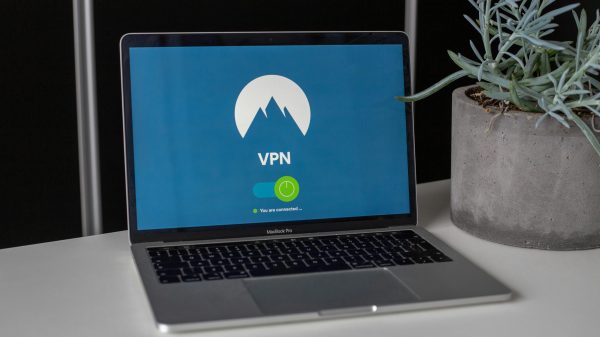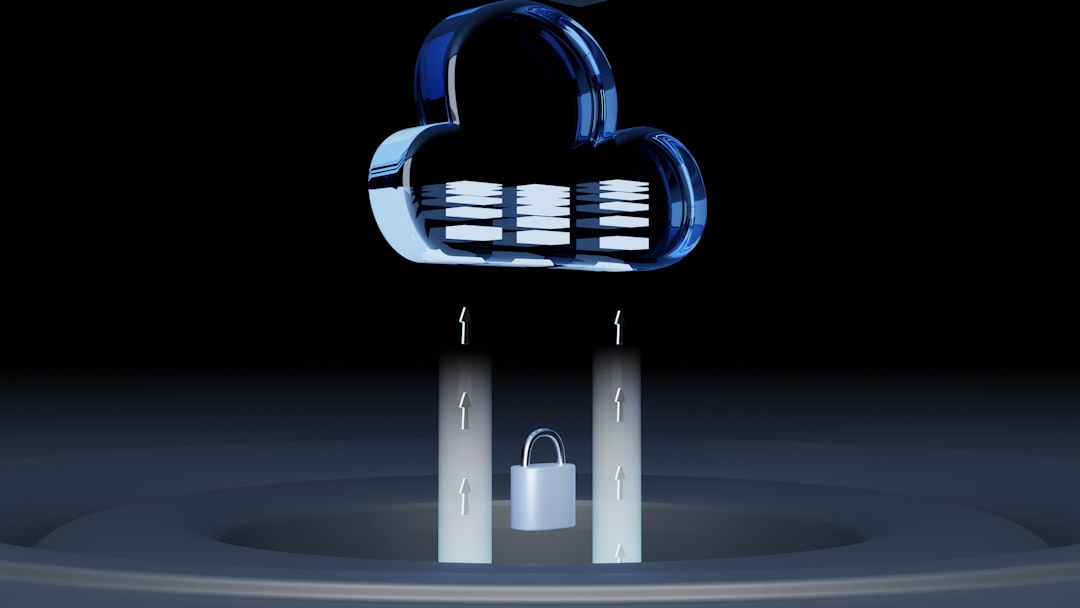In the rapidly evolving landscape of legal practice management software, Rocket Matter has long been a staple among firms seeking to streamline operations. However, legal professionals using the platform may have noticed a disruption to its electronic document signing capabilities. Without warning, the company temporarily stopped accepting eSign documents—a critical feature for many attorneys and legal teams. This sudden move led to confusion and raised concerns over data security and compliance. But the underlying cause was far more technical in nature and tied to a simple (yet vital) piece of cybersecurity infrastructure: SSL certificates.
TL;DR
Rocket Matter halted the use of eSign document uploads due to an expired SSL certificate, which compromised secure data transfer requirements. During this period, they disabled eSignatures to ensure customer data remained protected. Once the SSL certificate was renewed and the platform’s secure upload function restored, eSign capabilities were re-enabled. The incident underscores the importance of certificate management for any web-based legal tech platform.
Understanding the Problem: Why eSign Document Support Was Suspended
Electronic signatures play a crucial role in modern legal practices, enabling law firms to operate remotely, speed up client onboarding, and facilitate time-sensitive submittals. When Rocket Matter suddenly ceased to support the upload of eSign documents, many users were left scrambling for alternatives.
The root of this temporary service disruption was a lapse in the platform’s SSL (Secure Sockets Layer) certificate. An SSL certificate ensures that data transmitted between a user’s computer and Rocket Matter’s servers is encrypted and protected from tampering or interception by malicious actors. In short, SSL is a necessary standard for any web-based transaction that involves sensitive information, including signed legal documents.
Without a valid certificate, browsers begin to flag the website as “Not Secure,” and any data uploaded, including eSign documents, could potentially be vulnerable. Rocket Matter’s engineering team recognized the imminent threat and made the decision to disable document uploads until the renewal of the SSL certificate could be verified and implemented.

The Role of SSL Certificates in Legal Tech
Law firms are especially sensitive to cybersecurity concerns due to the high volume of confidential and privileged data they manage. An expired SSL certificate doesn’t just represent an inconvenience—it represents a potential liability. Hackers and data snoopers can take advantage of non-secure connections to carry out man-in-the-middle attacks or intercept eDocuments meant to remain confidential.
SSL certificates are digitally signed files issued by a trusted certificate authority (CA). They serve two main purposes:
- Encryption: They ensure that data sent from a client-side browser to a server is encrypted and not visible to third parties.
- Authentication: They validate the server’s identity, assuring users they’re connecting to Rocket Matter and not a spoofed site.
Rocket Matter’s decision to pause eSign services highlighted just how critical SSL certificates are for platform integrity. Even a short lapse in certificate validity can have significant ripple effects on user trust and platform operability.
How the SSL Renewal Solved the Problem
After identifying the expired SSL certificate as the root cause of the upload disruption, Rocket Matter’s IT security team worked swiftly to obtain a new certificate from a trusted Certificate Authority. Once acquired, the certificate was deployed across their server infrastructure and tested to ensure all encrypted transactions could be restored without errors or vulnerabilities.
Within hours, uploads to the platform were again secure, and the eSign functionality was restored. This simple but vital update re-enabled users to:
- Upload and share legal documents securely
- Send contracts and agreements for digital signatures
- Fully comply with court and jurisdictional standards on electronic filing
To prevent such incidents in the future, Rocket Matter instituted an improved alert system and automation protocol for certificate renewal. These systems are now programmed to notify administrators well in advance of expiration dates, allowing timely renewal without service interruption.

The Impact on Users and Lessons Learned
The interruption, while brief, served as a wake-up call for both Rocket Matter and its user base. In the legal industry, where timelines are tight and document authenticity is paramount, even a short downtime can carry consequences such as:
- Delayed filings — Some law firms reported having to manually print, sign, and scan documents as a workaround during the disruption.
- Client dissatisfaction — Clients working under deadlines experienced slower onboarding and longer transaction times.
- Internal communication bottlenecks — Without the ability to quickly share documents for signature, cross-department workflow slowed down.
On the other hand, the incident offered a valuable lesson in the importance of proactive security management. Since Rocket Matter’s platform is cloud-based, all activity hinges on secure data transfers. SSL certificates are central to maintaining that security and building long-term trust with its client base.
What Rocket Matter Users Can Expect Going Forward
Following the resolution of the SSL issue, Rocket Matter made several commitments to its users:
- Improved transparency – A new alert system has been implemented to notify users of any service changes or disruptions, even before they occur.
- Security upgrades – The platform is transitioning to longer-duration certificates with tighter renewals to leave zero window for expiration-based vulnerabilities.
- User education – Rocket Matter now offers webinars and articles explaining how SSL works and what best practices users should follow.
For users, this means a more robust infrastructure that better aligns with the high standards expected in legal compliance and data privacy. It also raises awareness of the broader challenges involved in managing web-based legal platforms.
Frequently Asked Questions (FAQ)
-
Q: Why did Rocket Matter stop accepting eSign documents?
A: The platform’s SSL certificate had expired, and without it, secure data transmission—required for eSign documents—was compromised. To protect user data, Rocket Matter paused uploads until the certificate was renewed. -
Q: What is an SSL certificate and why is it important?
A: SSL certificates enable encrypted communication between a user’s browser and the website. This protects sensitive information from being intercepted, which is essential for data privacy and legal compliance. -
Q: How long was the service disruption?
A: The exact duration varied, but most users saw restored service within a few hours after Rocket Matter renewed the certificate and tested system integrity. -
Q: Can something like this happen again?
A: Technically, yes, but Rocket Matter has since enhanced its renewal monitoring systems and implemented automation to ensure SSL expirations do not lead to service interruptions in the future. -
Q: What should users do if they encounter a security warning on Rocket Matter?
A: Users should refrain from uploading any sensitive documents until the issue is resolved and verified. They should also report the warning to Rocket Matter support immediately.
While the SSL certificate lapse was a momentary hiccup in an otherwise reliable platform, it emphasized the importance of cybersecurity vigilance in cloud-based legal solutions. Rocket Matter’s swift action and ongoing improvements reaffirm its role as a trusted tool in the digital law office.


































